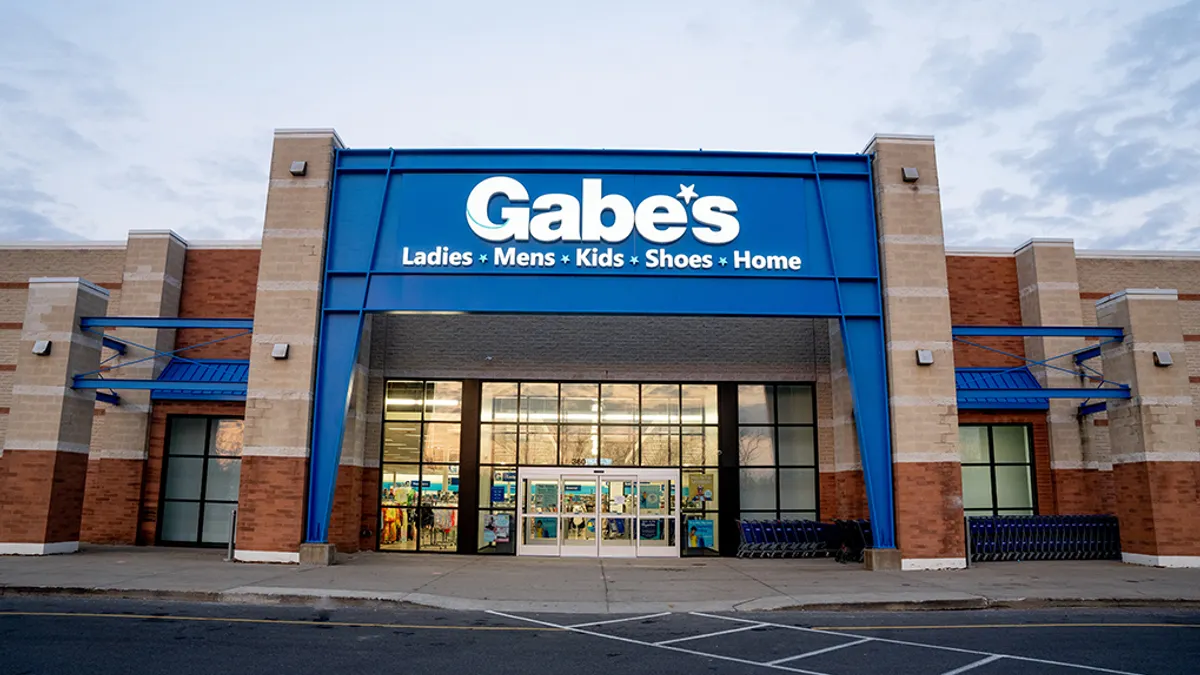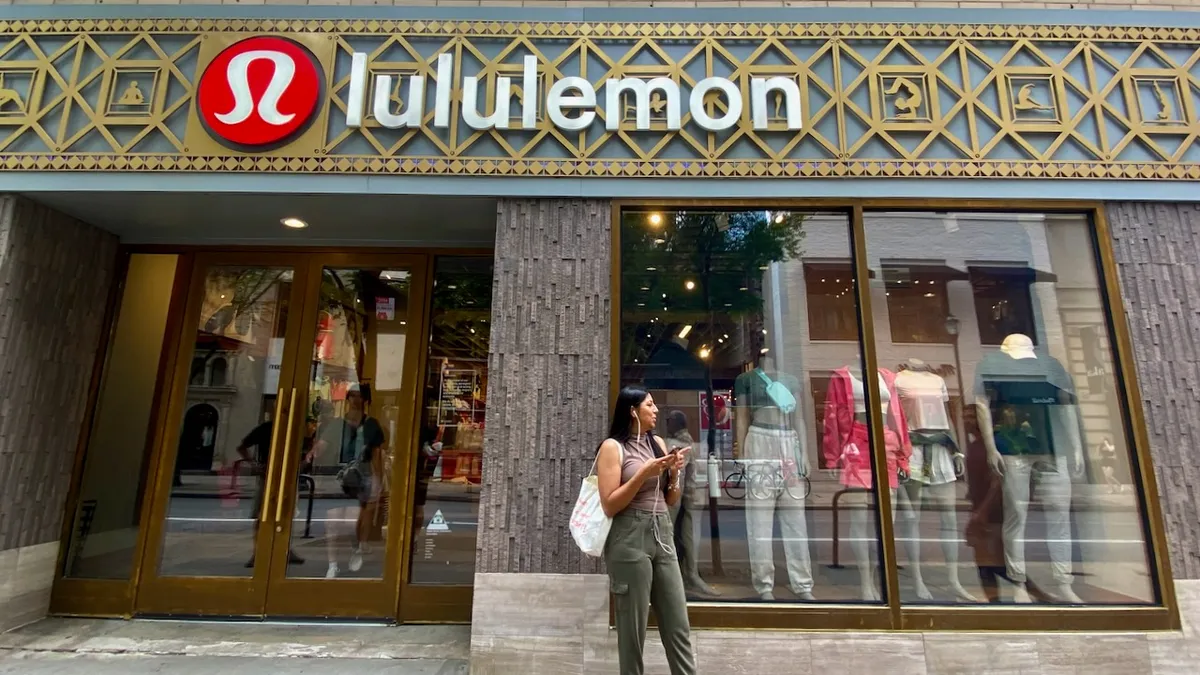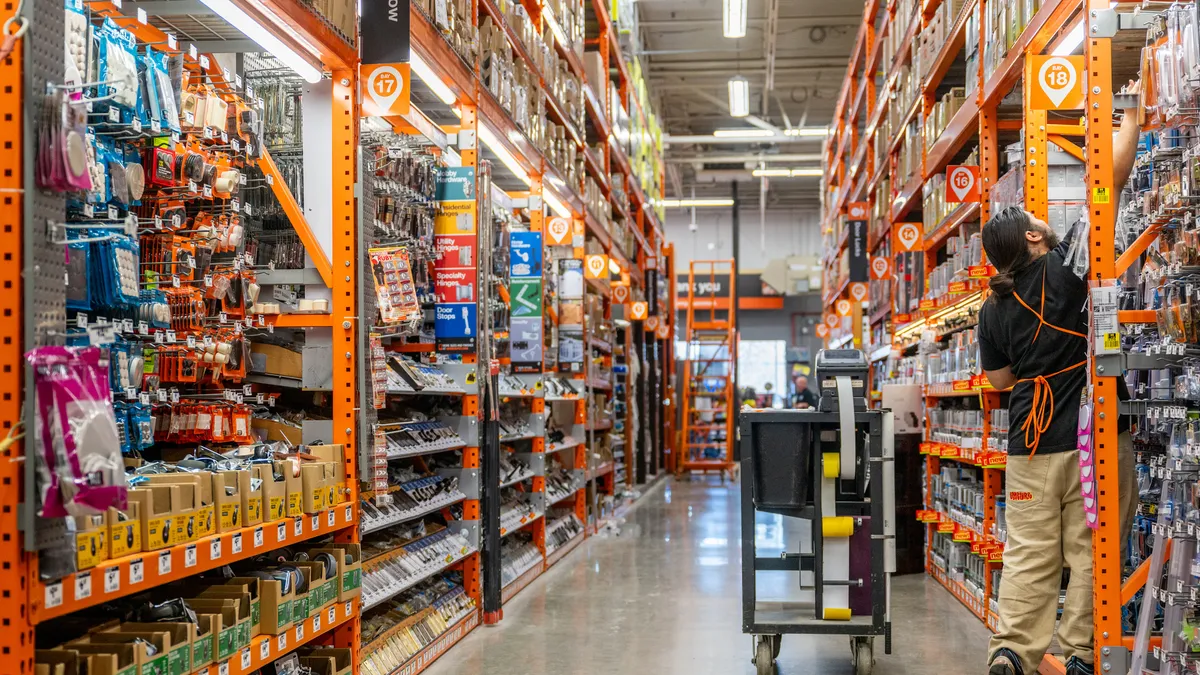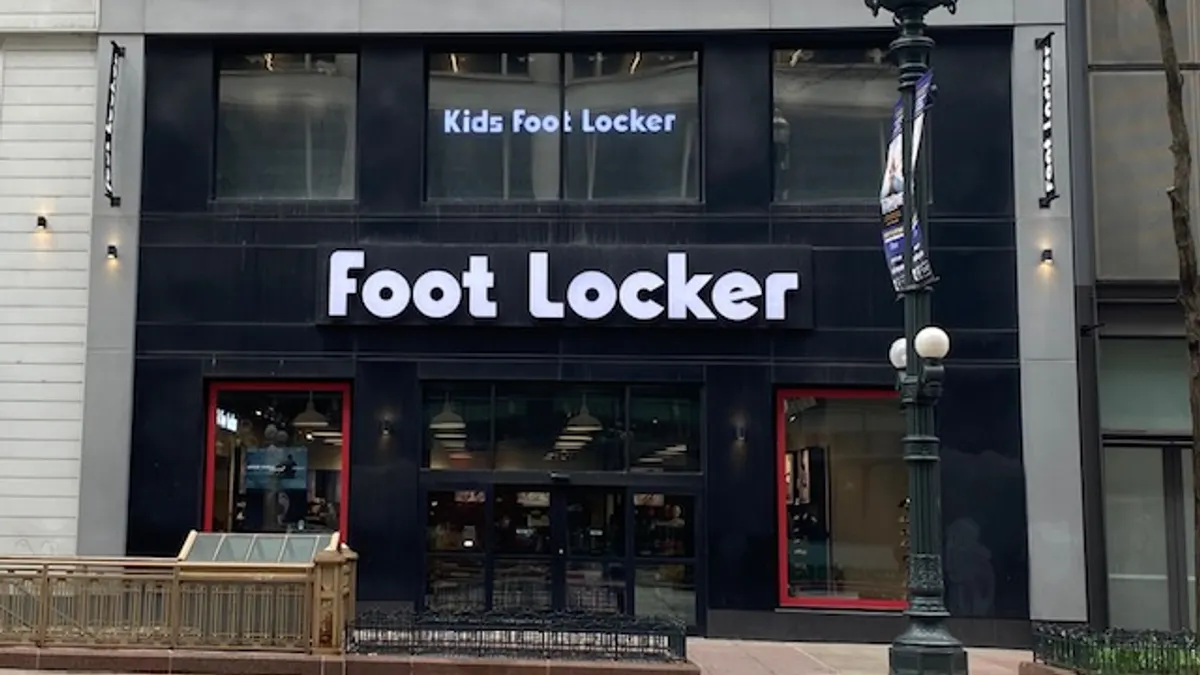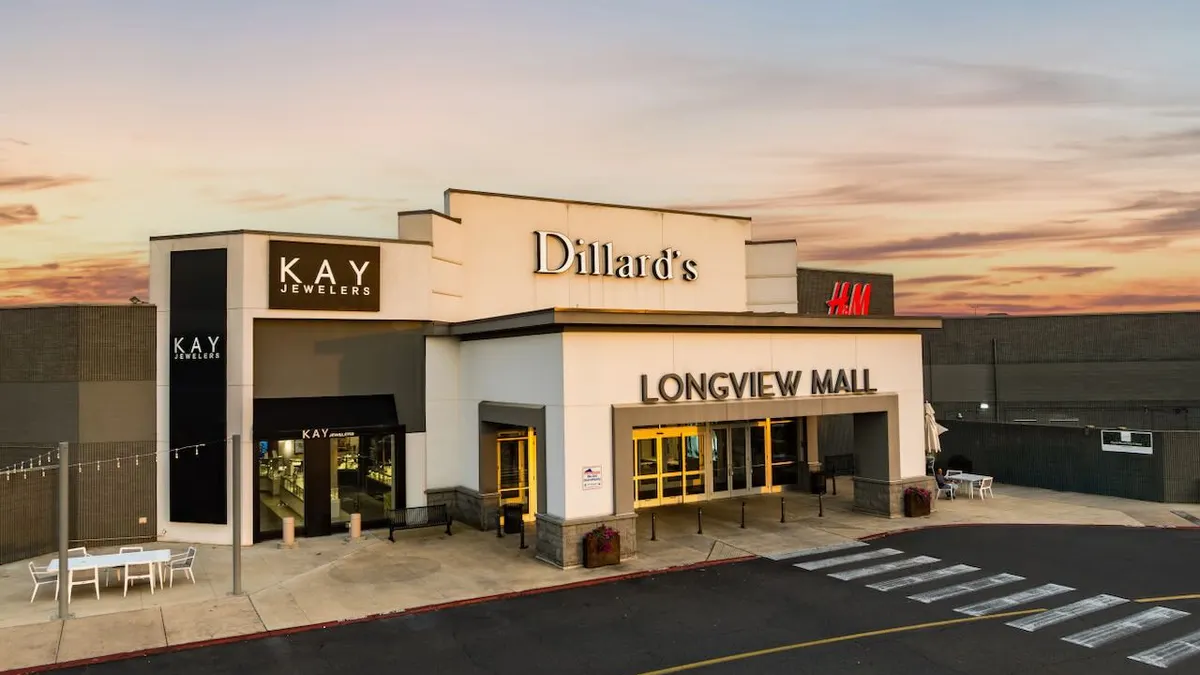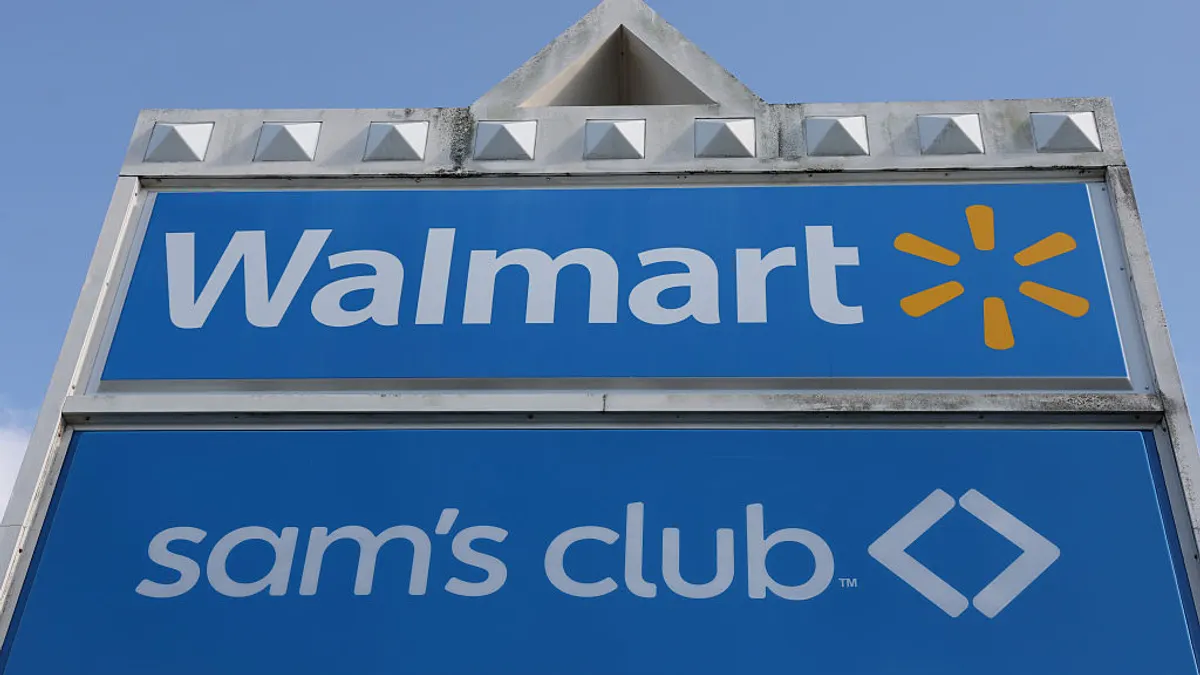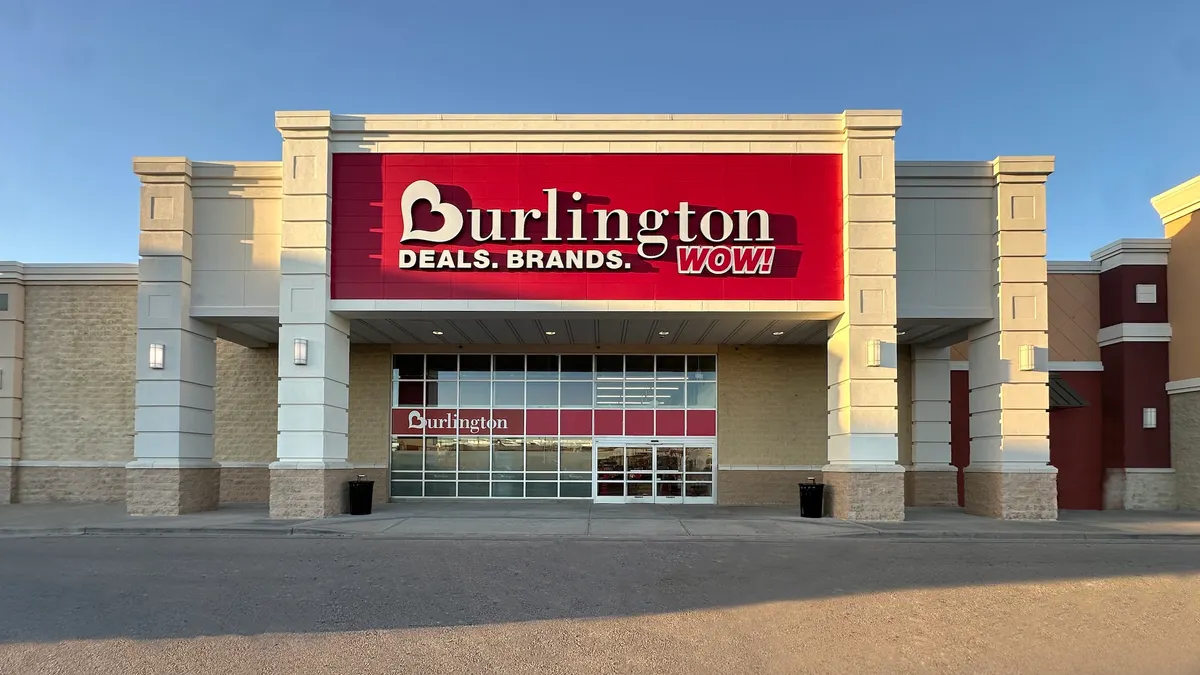Following an out-of-court restructuring that required the cooperation of landlords, vendors and lenders, regional off-price retailer Gabe’s has emerged under new ownership, the company announced Tuesday.
A group of existing term lenders, including Brigade Capital Management, Arbour Lane Capital Management and Anchorage Capital Advisors, converted more than 75% of Gabe’s outstanding term loan obligations into equity, acquiring it from Warburg Pincus; the private equity firm had owned the retailer for about a decade. Second Avenue Capital Partners and Ares Credit funds will continue to provide an asset-based loan.
The new owners have also contributed “a meaningful infusion of new capital to support go-forward operations and strengthen relationships with vendor partners,” the company said. Because a portion of that is based on the retailer reaching certain milestones, the ultimate amount isn’t yet finalized. The company declined to provide more specifics.
“They have set some targets for us, working with our advisers, with our landlords, with our vendors, and in management within the company,” Gabe’s CEO Jason Mazzola said by video conference. “If we can hit certain goals, we can achieve more dollars into the company to help keep us moving forward in a great direction.”
Executives have confidence that it will, given what they say is longstanding loyalty among a customer base that embraces its merchandise and off-price treasure hunt.
Gabe’s traces its roots to the 1920s, when Z.G. Gabriel sold low-cost goods out of his truck. The first Gabriel Brothers store opened in 1961. After expanding in the 1970s and 1980s in a widening circle from its Morgantown, West Virginia, home base, the chain rebranded as Gabe’s in 2013. A small-format off-shoot, Rugged Wearhouse, was launched in the 1990s but has been converted to the Gabe’s banner. The company also runs Old Time Pottery, a home goods chain it acquired two years ago.
In all, the company runs about 160 Gabe’s and Old Town Pottery locations across 20 states, plus six distribution centers in the Mid-Atlantic, Midwest and Southeast, though it’s in the process of converting all Old Town Pottery stores to Gabe’s. In the short term, a few stores may close, as the company assesses the profitability of each one, Mazzola said. Ultimately, though, the retailer aims to expand.
“There's the opportunity to have probably, you know, well, over 1,000 Gabe’s across the U.S., think rural markets across the middle of the United States,” Mazzola said. “We're not in Texas at all, and we haven't expanded into the West. Even a place like Ohio, where we have almost 26 stores, there's plenty of opportunity to expand for this customer. It's a really, really fun place to shop.”
Gabe’s customers are mostly working class consumers who come for the deep discounts on workwear and other apparel, home goods and some essentials, Mazzola said. The average unit retail is about $8.
“The brands that matter for them, they're going to wear to work, then they're going to wear it to the bar that night,” he said. “It is all about the outdoors — we sell all the fishing brands. We sell all the hunting brands. In West Virginia, there's a couple of days right at the start of deer hunting season when we close the DC because nobody’s coming to work.”
Gabe’s is a relatively small regional chain, but its leadership hails from national off-price stalwarts that have perfected the procurement of sought-after merchandise and quick inventory turnover. Chief merchant Jennifer Harrison spent 13 years in merchandising roles at Ross, three of Gabe’s general merchandise managers spent time at TJX and Mazzola himself spent more than eight years in merchandising at TJX.
This may explain why vendors have also supported Gabe’s restructuring. The retailer struck more than 1,000 deals with its vendors to keep merchandising flowing, according to Mazzola.
One of them, American Exchange Group, expressed confidence in the company’s future under new ownership.
“Gabe’s has a proven track record as a leader in the off-price retail space, and we look forward to continuing our partnership for many years to come,” American Exchange Group CEO Alen Mamrout said by email.



